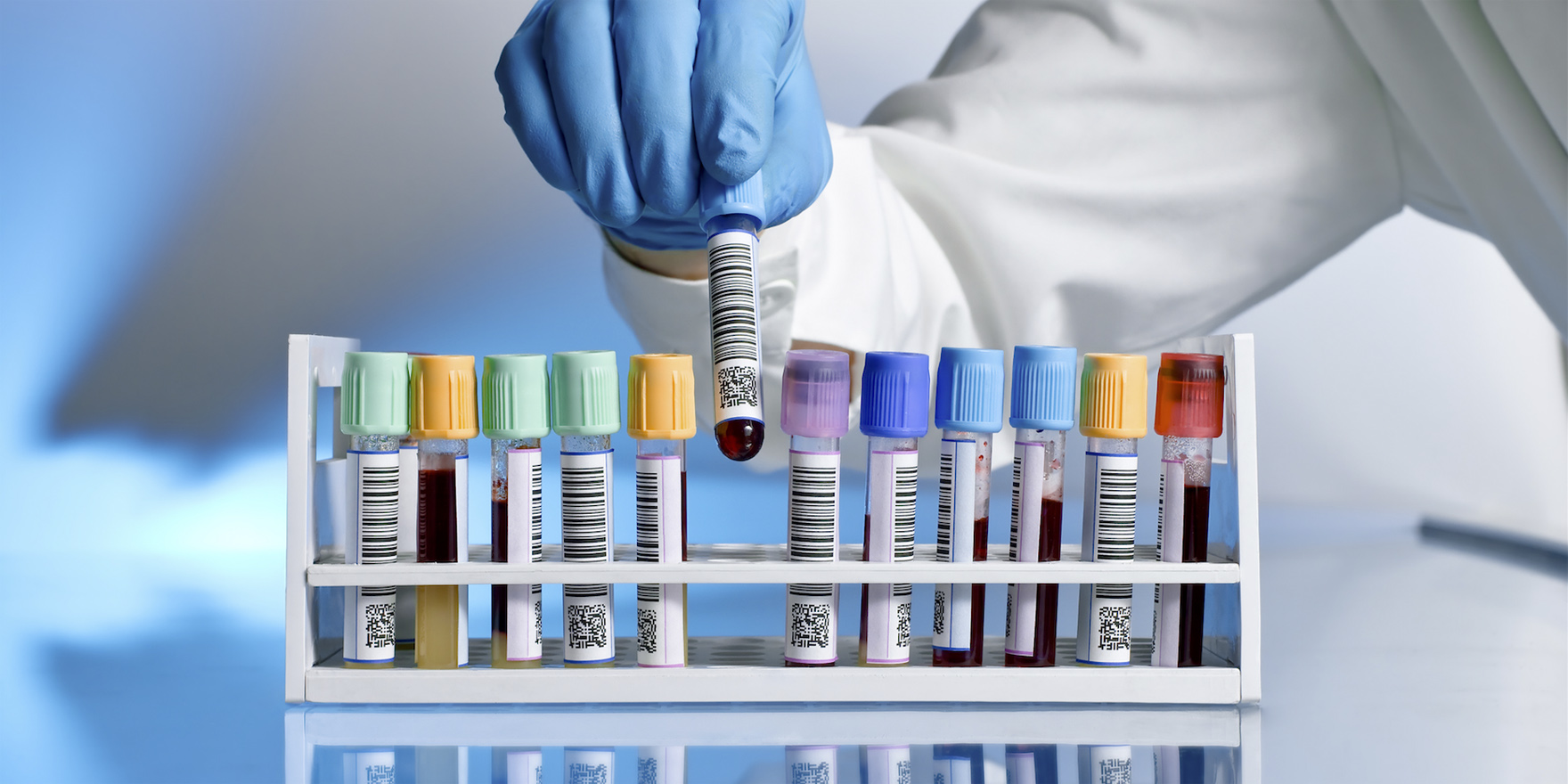The Royal College of Pathologists says underutilisation of tests is substantially more prevalent than overuse
The Royal College of Pathologists of Australasia says underutilisation of tests to detect and prevent disease is substantially more prevalent than overuse, leading to gaps in patient care.
The college has issued a list of recommended tests to guide clinicians but says it is also important to raise patients’ awareness of what tests are appropriate and relevant for them.
“The most common areas of underutilisation of pathology testing are poorly recognised and unfortunately widespread, but despite this (the issue) remains understudied,” President Dr Michael Harrison said.
Dr Harrison cited evidence that one in three Australians had raised cholesterol levels but only one in three of that number was aware of the condition.
“So there is a lot of burden of disease out there that is unknown,” he said. “You may not treat a raised cholesterol if that’s the only thing the patient has got. But if they also smoke, have high blood pressure or diabetes, you would.”
“We know probably one in four diabetics are undiagnosed, and we want to get to those people,” Dr Harrison added.
Inadequate monitoring of patients with a diagnosed condition was also a problem, he said.
“We know better outcomes come with better monitoring.”
Patients were often unsure about what to ask their GPs, and they [the patients] should be aware of what tests were available, he said.
The college referred to published evidence that put underutilisation of pathology testing at 44.8%, more than double the rate of over-utilisation (20.6%).
The recommended test guidelines include:
• Prostate-specific antigen (PSA) testing should be offered to men every two years from age 50 to 69 to detect early prostate cancer, or commencing sooner for high-risk patients.
• Sexually active people aged 15 to 29 should be tested for chlamydia every 12 months.
• Pre-conception testing for haemoglobinopathy carrier status should be conducted in at-risk populations.
• Testing for ferritin should form part of the antenatal work-up in all pregnancies to detect iron deficiency.
In a new position statement on thyroid function testing, the college said active case finding was recommended for high-risk patients. Indications might include hypercholesterolaemia; mild anaemia; hyponatremia; increased serum CK; muscle weakness; osteoporosis; and recent onset arrhythmia.
High risk of abnormal thyroid function may be associated with iodine-deficient areas, a personal or family history of thyroid disease, ingestion of iodine-containing substances, lithium treatment, neck irradiation, type 1 diabetes mellitus and other autoimmune diseases, Down syndrome, Turners syndrome and advancing age.
The full statement and the recommended test guidelines are available on the RCPA’s website.


